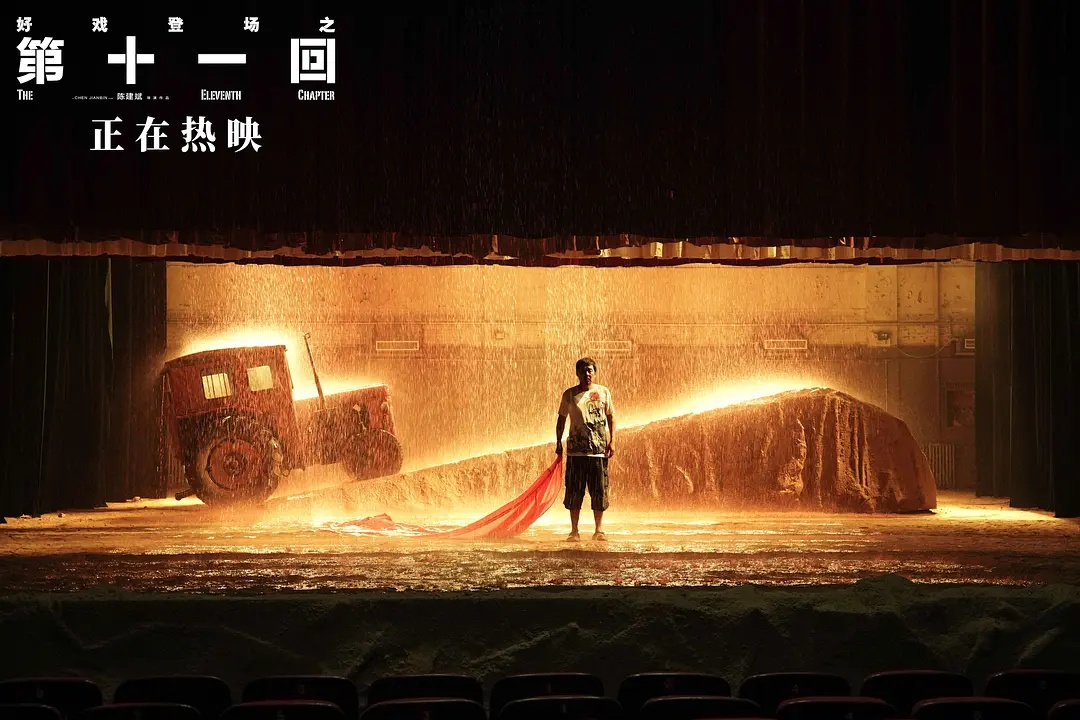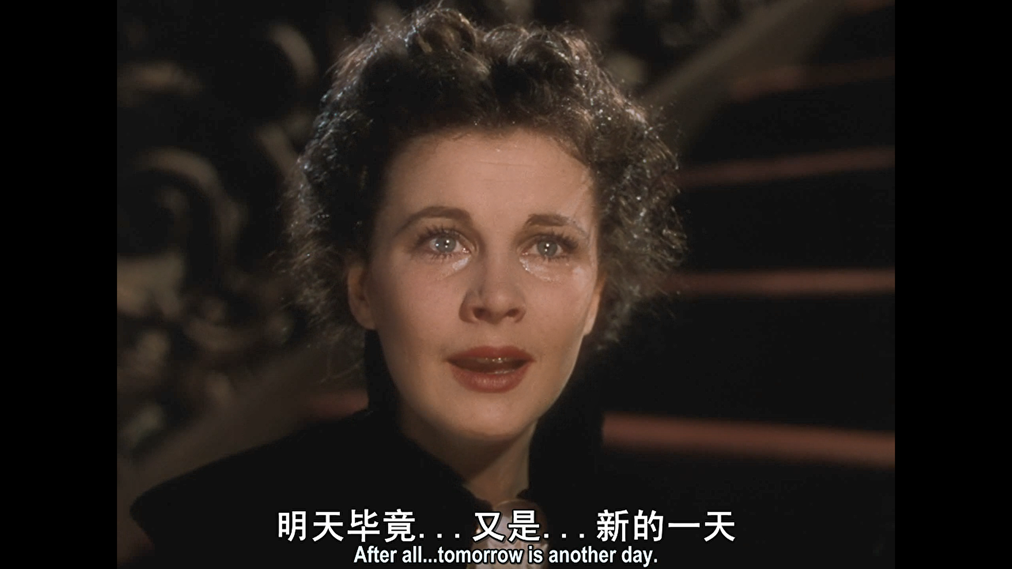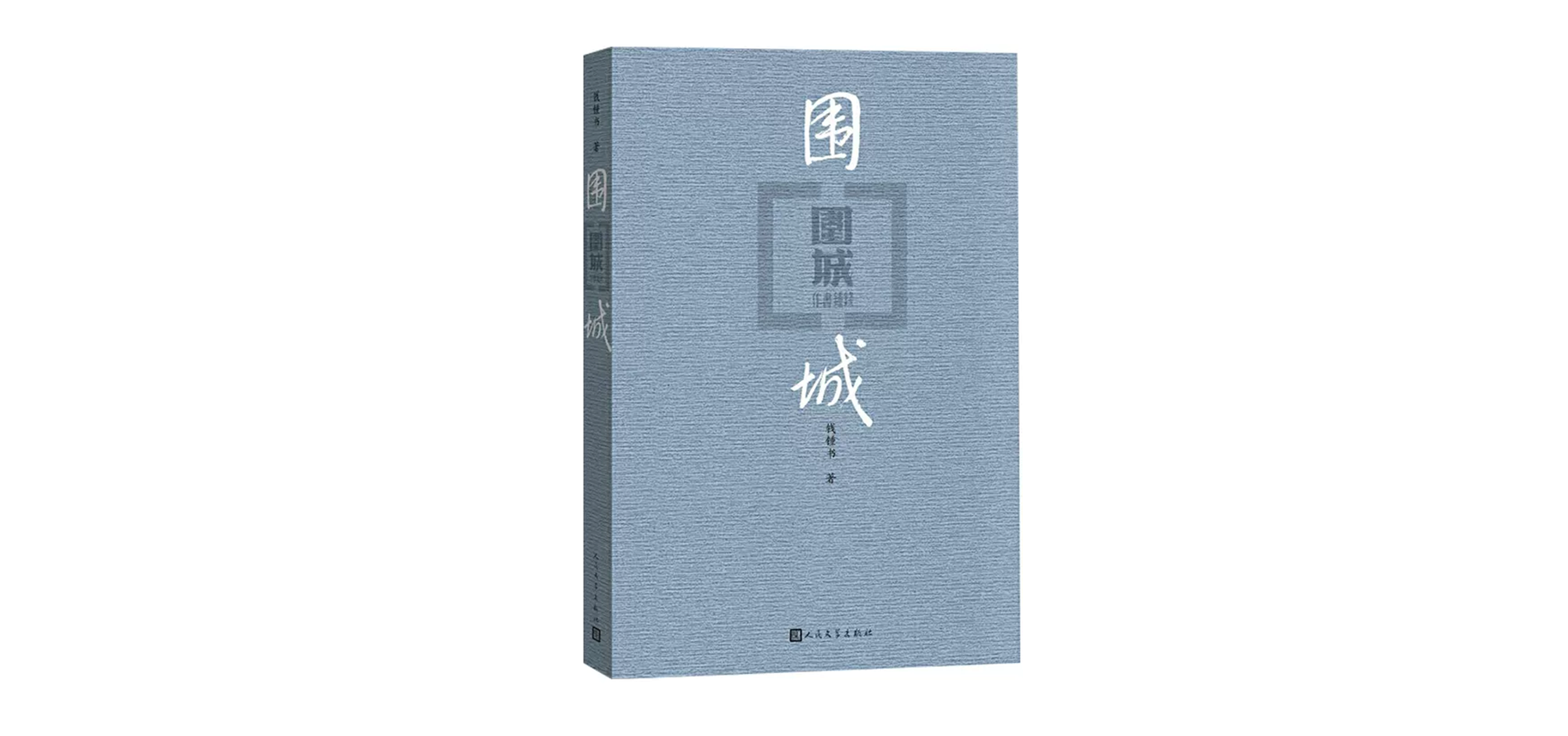每日外闻133
人们更容易记住自己感兴趣、对自己重要的事情。图形化和空间化的记忆是最强的,世界各地的记忆力锦标赛的选手们大部分都是通过空间化和图形化联想来记忆杂乱无章,看起来很难记忆的东西(比如在短时间内记忆一副打乱的扑克牌-52张的顺序)。
Sometimes people have suggested that I’ve got a “photographic memory,” particularly when I’m talking about topics that interest me, like science and business. It’s a nice compliment, but it’s not really true. Not even close. For example, my friend Mike is so much better than I am at remembering movie facts—what actor was in which movie and when it was made. I can’t do that.
I do still remember every line of the first complex software program I ever wrote. Because I spend a lot of time thinking about science and business, I have a structure or a context that the facts can fit into. Like, “Oh, this company is like that one, but different in this way.” I think most people have good memory for things in the domains they’re really interested in.
I never thought much about whether I could improve my memory across a wider set of domains, but now I think I could, after reading Moonwalking with Einstein: The Art and Science of Remembering Everything, by a young science writer, Joshua Foer. It’s absolutely phenomenal, one of the most interesting books I’ve read this summer.
Foer got interested in memory as a way to understand how the mind works. That took him to the world memory contest, where people can do things like memorize the order of a deck of 52 cards in just a few minutes. He was fascinated. He wondered: Are some people born with very good memories? But it turns out(但事实证明), except for people like the main character in Rain Man—and just a very few other people whose brains are wired differently—the average human memory is extremely good at tasks that are important to you, and extremely poor at things that aren’t as important.
That’s why just trying to force a bunch of random facts into your head is hard. But you’re extremely good at remembering faces or images, visual memory being a survival advantage in our evolutionary history. It’s amazing. You can flash thousands of images at people, and they can recall seeing them and can notice small changes in them even days later.
Lots of practice in visualizing is key to a strong memory. When you’re reading a book, you don’t sit there and say, “Well, what does that word mean? What does that word mean?” After many sightings of the words in your vocabulary, your recall is immediate and very, very good. Domain expertise works the same way. If you play bridge for 20 years, you have seen many bridge hands and you recognize patterns in them, which can give you a phenomenal ability to remember a new bridge hand. (I’ll admit to being a long way off from this kind of bridge recall.)
Foer discovered that the people who win memory contests use certain techniques for visualizing things, techniques mostly developed in ancient Greece. They talk about what they do as building a memory palace – often, literally visualizing a house with many rooms and different people and things in each room, representing what they are trying to remember. “Garlic on the driveway.” “Cottage cheese at the doorstep.” Things like that. The idea comes from an ancient Greek poet who remembered the names of everyone who was killed when a temple collapsed during a banquet. He had a visual memory of where everyone was seated.
Foer wasn’t sure these techniques really worked, so he spent a year practicing them every day. After just a year, he entered and won the U.S. Memory Championship. He actually broke the U.S. speed record for memorizing a deck of cards. He did it by learning to associate each card with a person, action or place. Then, remembering an image like moonwalking with Einstein helped him to recall three cards in the right order, and he only needed to remember 17 such images to memorize the whole deck.
When I first heard of someone memorizing a deck of cards, I thought, “I couldn’t do that.” Now I think, “Hey, I could do it,” although I haven’t started to try yet.
Like most people, I’m fascinated by how the mind works, and memory is a big element of that. Part of the beauty of this book is that it makes clear how memory and understanding are not two different things. Building up the ability to reason and the ability to retain information go hand in hand.
Don’t believe anybody who tells you it’s easy, though (不过). Most of us will have to practice for months and months and months. You have to be very serious about it. The book reminds us that we all start off with pretty much the same tools for the most part, and we can be intentional about strengthening them, or not.
But it turns out,:事实证明
go hand in hand:结伴而行,齐头并进,息息相关
though:尽管,不过 | 不过可以放在句子尾部使用。
See you tomorrow










